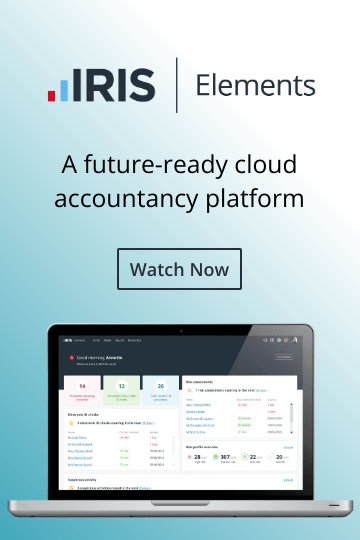BLOGS
Digital VAT: Why your firm or clients could be given more time to comply

HMRC made it clear at the outset of MTD for VAT that it was adopting an initial 1-year ‘soft landing’, during which it intends not to penalise those who failed to comply in time.
And now HMRC looks set to extend the MTD no-penalty period for some firms.
Businesses have until their first period starting on or after 1 April 2020 (or 1 October 2020 for deferred businesses) to be MTD for VAT compliant.
The news is though that some firms with particularly complicated systems may qualify for an extension.
Firms will be able to claim to have their own ‘soft landing’ period made longer, HMRC has announced.
How will the extensions be decided?
There are a number of relevant criteria but, in a nutshell, the following may be considered grounds for extension:
- Having a business with a complex or legacy IT system
- When a business acquires another business.
To look in more depth at this, the latest VAT notice explains more.
It says businesses with “complex or legacy IT systems” who “may require a longer period to put digital links in place across their functional compatible software” can apply for additional time to “put the required digital links in place”. This is subject to qualifying criteria.
Firms acquiring another business may be also among those who qualify, the notice suggests, acknowledging it “may take additional time to digitally link different software applications or packages to meet MTD legal obligations”. HMRC will consider extensions in these cases, it said.
Which types of business may qualify?
The point about complexity of legacy systems is relevant to industries using specialist software, which can be very difficult to link to accounting and VAT return systems. One example flagged in the news lately was veterinary practices who apparently quite commonly post totals from their systems into accounting software on a weekly or monthly basis. Doing so manually in this way is not permitted beyond the soft landing stage but it seems that trying to replace a digital link has proven to be extremely tricky in some cases.
Why is HMRC doing this?
HMRC has clearly seen positive results on the number of businesses registered for MTD and how many have made successful submissions so far, but they understand that it is not going to be easy for everyone – and appreciates there are extenuating circumstances for some.
Continuing with any kind of blanket deferment for all businesses would not solve the problem, rather just kick it further down the road. However, asking businesses to make a claim allows HMRC to understand the specific issues faced by businesses that cannot comply.
The process of claiming an extension might prove to be time consuming, as evidence will need to be provided, but this is data that should already be available if the business has attempted to be MTD compliant.
It will certainly be interesting to see the number of claimants and the number of successful claimants for this extension.
Why should businesses not just assume they’ll qualify?
HMRC did warn that there must be good reasons for an extension, saying “the cost alone is not sufficient reason”.
The notice added: “Business are expected to make every effort to comply with the digital links requirements by the end of the soft landing period.”
So, we don’t expect HMRC to be handing out these extensions freely.
What will businesses struggling to comply do to find new solutions? We’ll be keeping a close eye on developments.
Further details, including where to submit an application for extension, can be found within VAT Notice 700/22.









